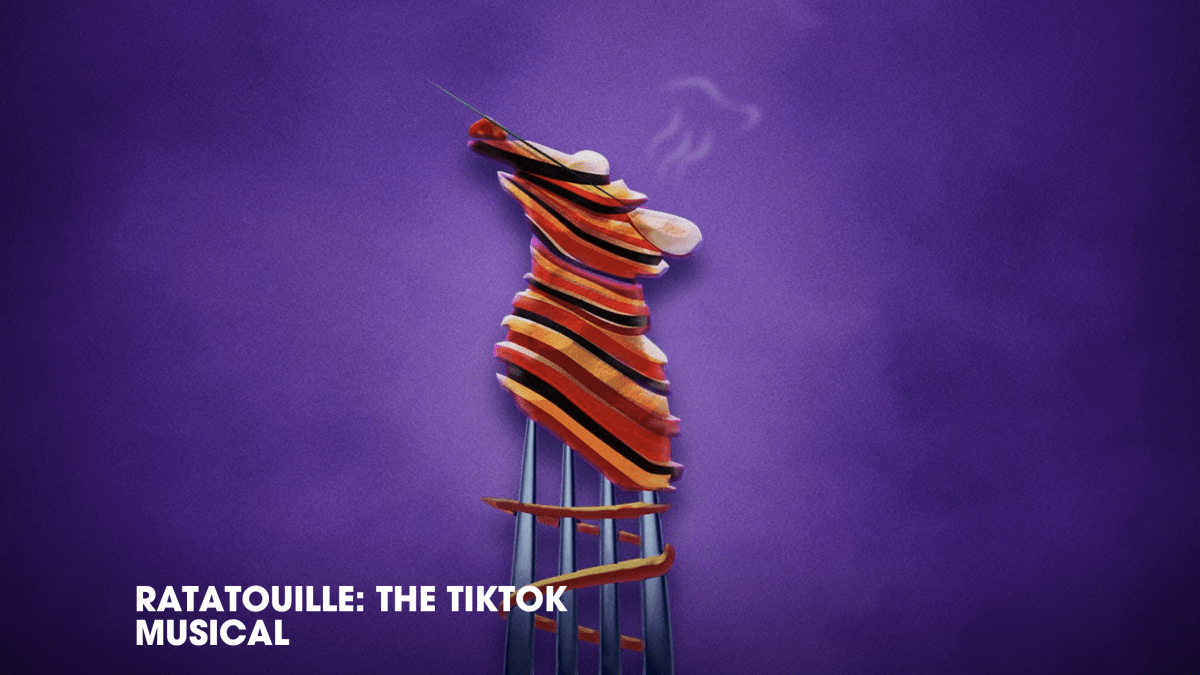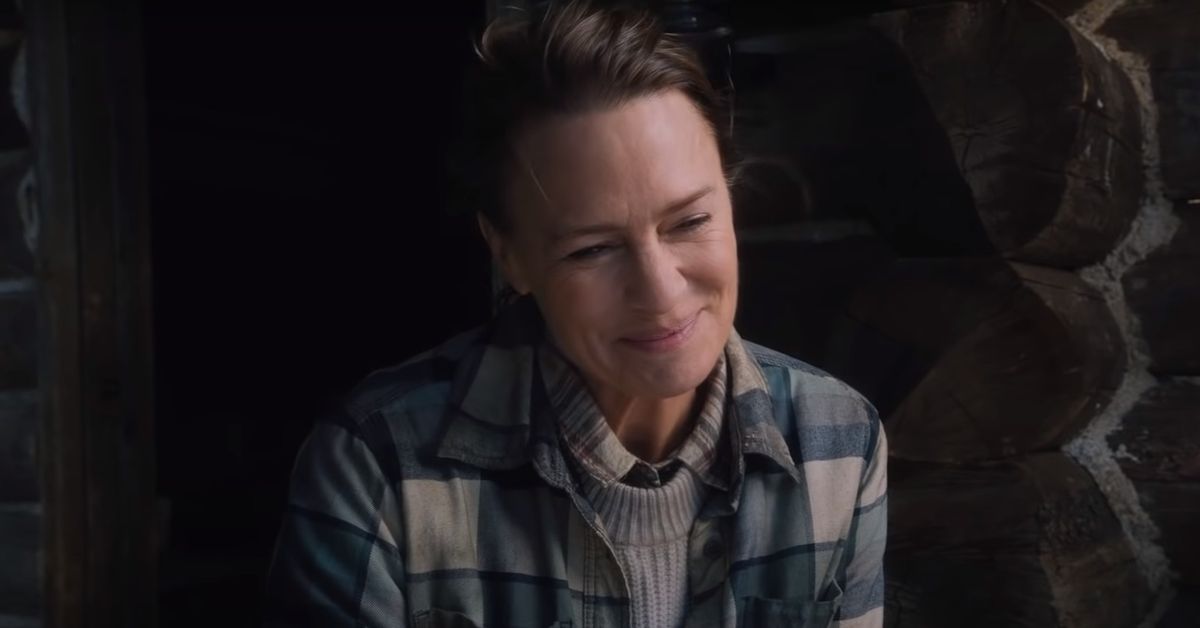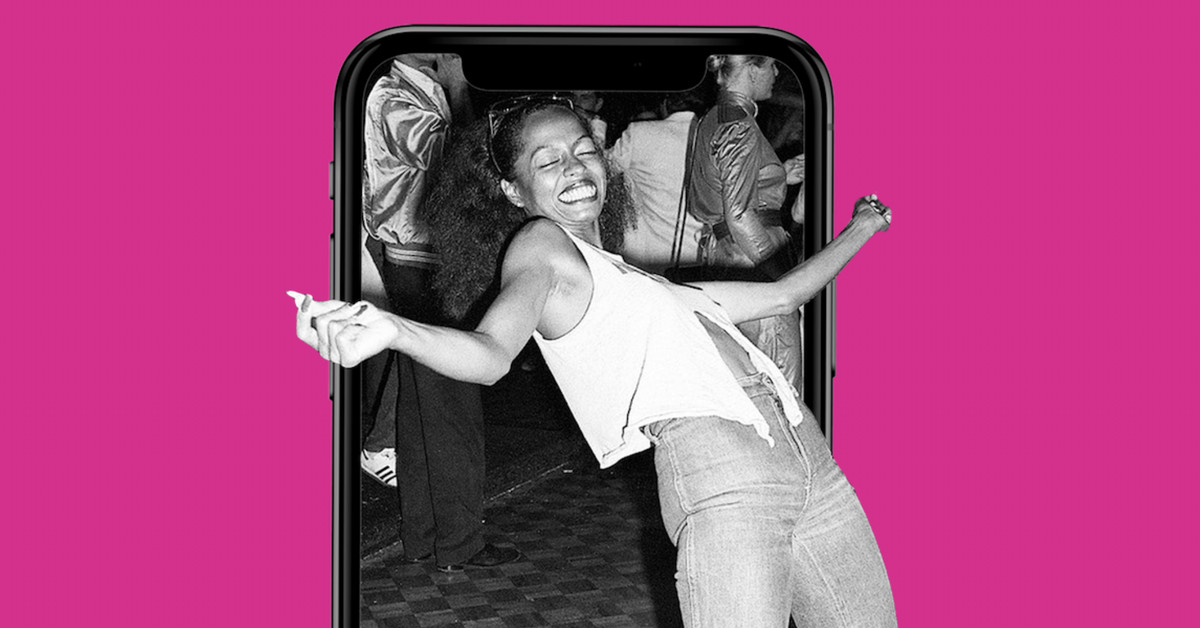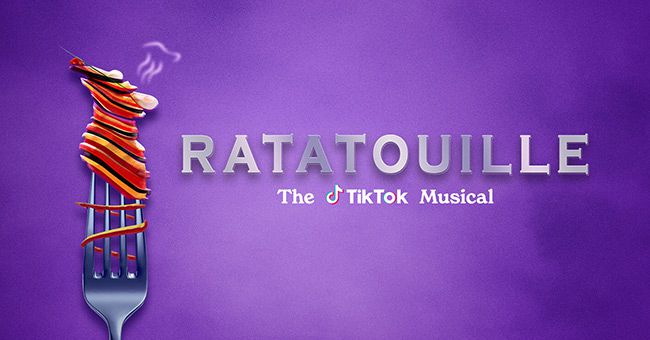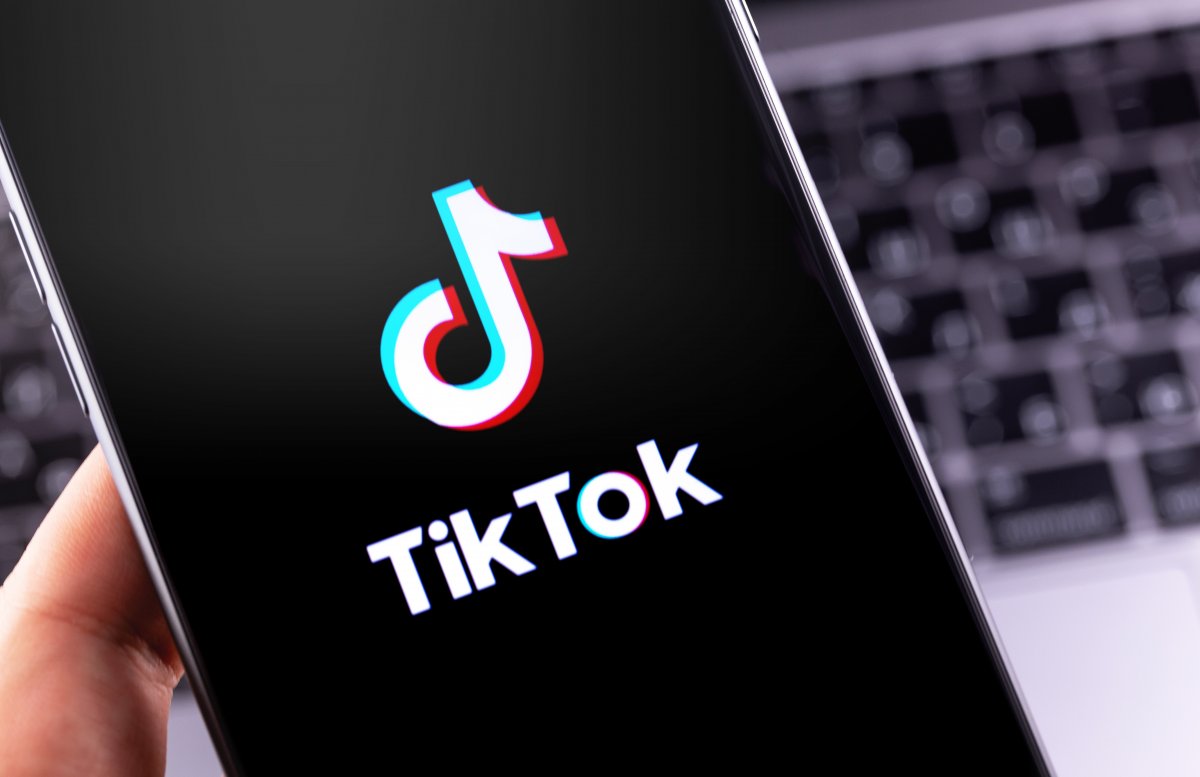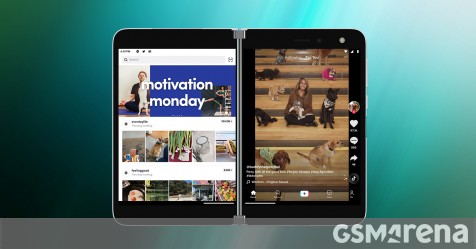Facebook and Instagram were yesterday. Tiktok is the app of the hour. Especially in the so-called Generation Z – i.e. those who were born between 1997 and 2012 – the app is extremely popular. But what actually happens on Tiktok?
Influence over consumption and reactions Tiktok is a video platform on which users can watch short videos or upload them themselves for up to 60 seconds. As soon as you open the app, you are on the “For you page” and the Tiktok algorithm suggests the first video.
“The only way to influence the proposed videos is through the way they consume the video and how long I watch the video, like, comment on or share the video,” explains Adil Sbai, who is the manager works for some well-known tiktokers such as Younes Zarou. Together they wrote the “Tiktok Bible” to explain the app and its functions step by step.
Algorithm success factor The algorithm’s suggestions are very good, Sbai explains a success factor of the app. This can be seen from the fact that people spend a comparatively long time with the app: “The average length of stay on Tiktok is longer than on Instagram, with Generation Z even longer than on Youtube, even though the videos are so short. ”
Tiktok naturally also offers classic functions of a social network, such as writing messages,” liking “and commenting on content. Above all, however, the app is a very creative, universal video production app, says Sbai. Record and cut videos, add effects or integrate other videos and sounds. No problem at all: “Without expensive video equipment, you can tell a lot of stories and stage them with the app.”
Many Tiktok videos revolve around music, comedy or dance. This also has to do with the origin of the app. It emerged 2017 from the karaoke app Musical.ly. Even if videos on more serious topics can be found more and more: Tiktok is primarily an entertainment app, says Sbai. “But that doesn’t mean that the users are apolitical. Fridays for Future and the hashtags that correlate with them are even more popular on Tiktok than on Instagram.”
Private or public All videos are uploaded to Tiktok servers. Users can determine for each individual video whether it is only visible to themselves (private) or potentially for all users (public).
Miriam Ruhenstroth from the consumer protection portal “Mobilicher”. de “criticizes, however, that Tiktok sets user accounts to public by default. “This means that the content produced can be found by all users.” Although you can delete videos that have already been posted, Ruhenstroth said, that does not mean that they are out of the world. Any user could have saved and shared the videos before they were deleted.
If you want to prevent this, you can set your account to “private”. According to Tiktok, only confirmed followers can then see and comment on their own videos.
Users have a range of visual and acoustic effects available to create videos. Videos can be individualized with overlay effects such as color filters or masks, says Iren Schulz, media coach at the “Look out” initiative.
